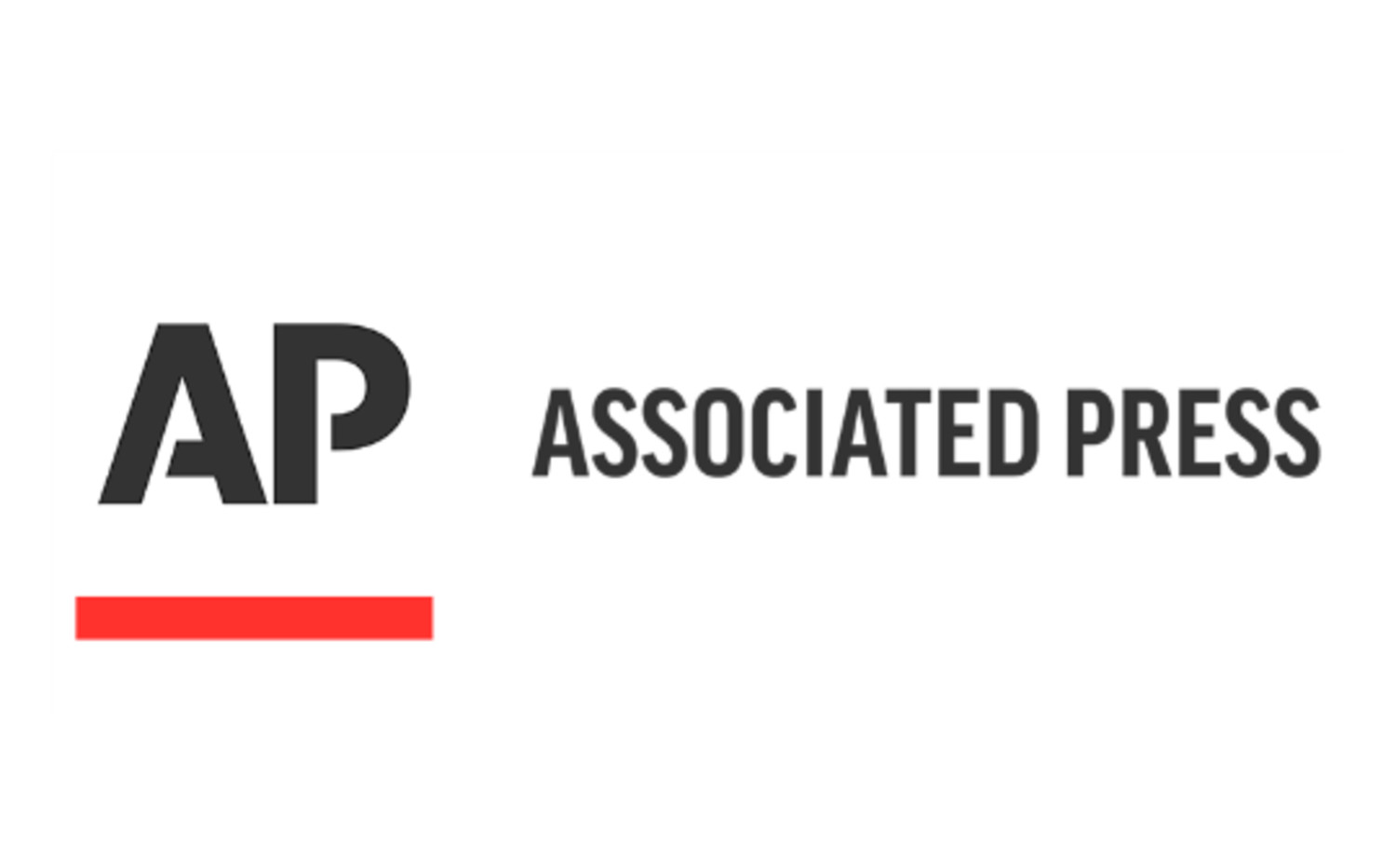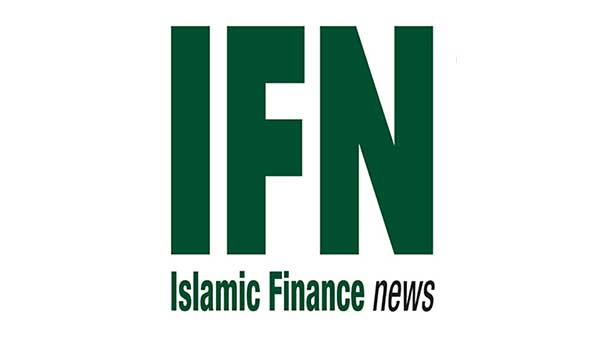ESG vs Halal Investing
Halal Investing and ESG Investing are both ethical investing strategies, but they do have their differences. Halal is a term referring to any object or action that is permissible according to Islamic law. On the other hand, ESG stands for Environmental, Social, and Governance.
What is Halal Investing?
Halal investing is an alternative to conventional secular investing, and is a way for Muslims to invest under their religious guidelines. For example, Sharia (Islamic) law forbids Muslims from investing in companies that are highly levered with Riba (fixed/cost plus interest). Halal investing also prohibits profiting from companies operating in industries that do not provide a net benefit to society. Examples of such companies could include alcohol producers, companies using child labor and companies destroying the environment.
Halal investing also prohibits business transactions that include Gharar. Gharar is an Islamic term that refers to excessive uncertainty. For example, not having a clear contract when entering an investment, or entering a contract based on high levels of speculation. This means that many complex derivative products are not considered halal investments. As such, Muslims cannot invest in them.
Another key principle of halal investing is risk-sharing. Parties engaging in a halal investment are supposed to be aligned on. This means that if one party in the transaction is losing, so should the other, and vice versa. Therefore, many conventional financial products such as loans, insurance, and more esoteric products such as short selling are not halal investments.
An example of a halal investing company is Fardows. Fardows offers halal investing and halal bank accounts in the US. Fardows’ halal robo advisor is fully shariah compliant and does not invest in any non halal stocks.
What is ESG Investing?
Environmental, Social, Governance (ESG) is an ethical approach to investing that has become popular in recent years as investors look for ways to align their values with their portfolios.
ESG investing involves investing in companies that have relatively high levels of environmental sustainability, human rights, and labor protections. ESG investors are ready to decrease pure financial returns in exchange of social benefits. ESG investors hope that such investments will be rewarded as sustainable businesses become more profitable over time.
What is the Difference Between Halal and ESG Investing?
Although halal investing and ESG investing both evaluate companies based on the ethicality of their operations, there are differences between them. Halal investing is a much more stringent type of ethical investing. This is because halal investing not only bans investments that are beneficial to society, but also has rules on the types of transactions that it allows. For example, investing in a solar power plant would typically be considered both a halal and ESG investment. However, if the investment was done using a transaction that involved Riba, it would not be halal, but would still be classified as an ESG investment.
Final Thoughts
While both halal and ESG investing are ethical based investment methods, and both use a profit-centric approach, the stricter nature of Islamic investing causes it to have less investable options. This is problematic for Muslims as they are not able to invest in most stock indexes or companies. This is because most indexes include companies that are non halal. As such, Muslims must hire expensive halal financial advisors that are not readily available.
This is why Fardows launched its halal investing roboadvisor. Fardows is a complete halal fintech solution that meets the financial needs of Muslims. Fardows’ robo advisor automatically invests its customers money into halal companies and investments. Fardows also offers halal loans and halal bank accounts.
If you have any questions about Islamic Finance or are looking to get halal loans, halal mortgages, or halal investments please contact Fardows.



